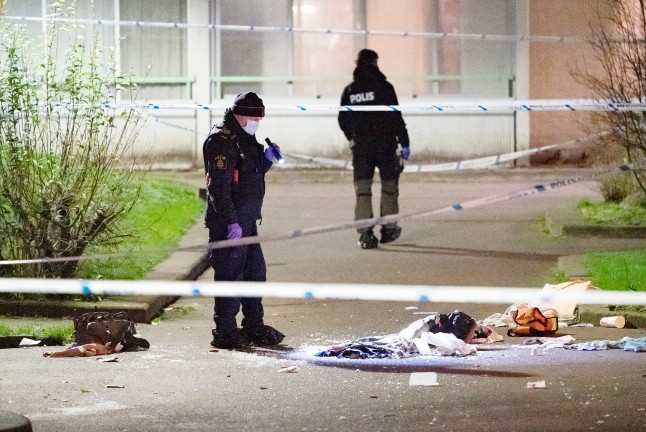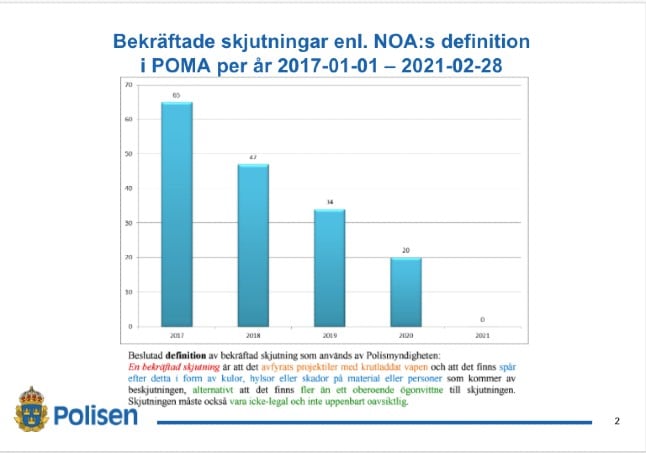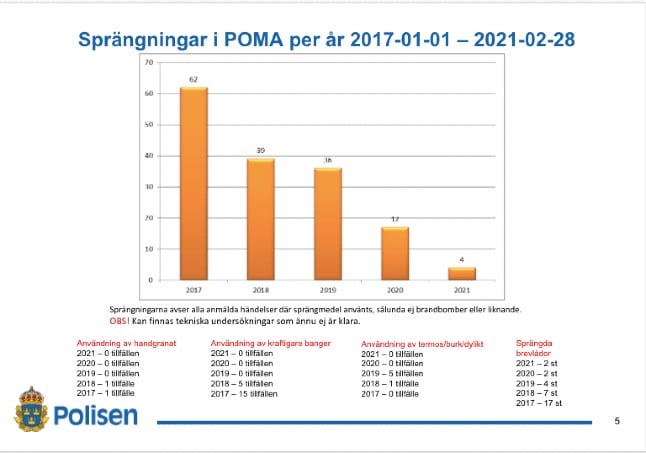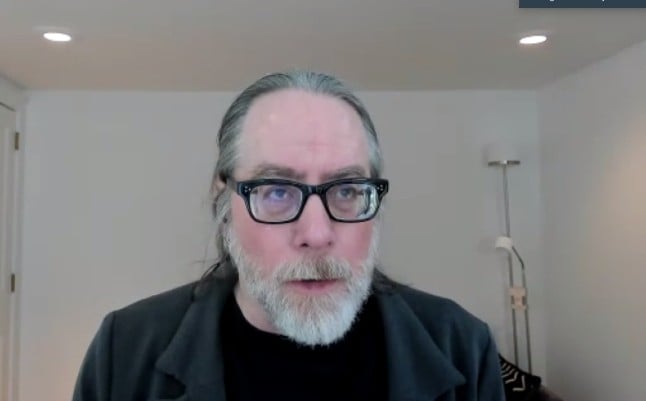The Court of Appeal on Thursday overturned a district court decision to acquit the man on the grounds that his identity could not be convincingly established from film footage of the angry demonstrations which attracted 6,000 people onto Malmö’s streets.
The Davis Cup match was held behind closed doors after a controversial decision by Malmö city council following a vocal campaign against the match due to the situation in Gaza at the time.
Police had said that despite the risk of protests the match, held in March at the Baltiska Hallen venue, could go ahead in front of an audience, but the council decided to ban spectators on safety grounds.
The Local reported at the time that prominent members of Malmö’s Jewish community believed that the vote to ban spectators, passed with the support of the Social Democrat and Left parties, was politically motivated.
“The decision is a capitulation to violence and the mob, but it is in line with the malignant atmosphere for Israel and Jews in Malmö,” said community member Barbro Posner at the time.
Recent media reports have indicated that the situation for the Jewish community has become increasingly hazardous in Malmö over the past year with an escalation of attacks on synagogues and an increasing number of Jews are deciding to leave the city as a result.
Ilmar Reepalu, Malmö’s Social Democratic mayor of the last 15 years, has recently found himself at the heart of the controversy amid accusations that he has demonstrated ignorance of the problems faced by Malmö’s Jewish community.
In an interview with UK newspaper The Sunday Telegraph last week Reepalu appeared to deny that there was a problem.
“There haven’t been any attacks on Jewish people, and if Jews from the city want to move to Israel that is not a matter for Malmö,” Reepalu told the newspaper.
But writing in Swedish daily Svenska Dagladet on Thursday, Reepalu claimed that his comments have been taken out of context and that he in fact has said that Malmö is no different from other European cities where anti-Semitism experienced a distinct upswing during 2009.
“I believe these are anti-Israel attacks, connected to the war in Gaza,” Reepalu told the newspaper while underlining that he was opposed to anti-Semitism of all kinds and arguing that the focus on him personally was beginning to feel like an organized conspiracy.
The Local reported in January that police reports of incidents involving attacks on Jews in the southern Swedish city had doubled in 2009, from the previous year.
There are currently an estimated 3,000 Jews living in the south of Sweden, with most residing in Malmö, Helsingborg, and Lund.
About 700 currently belong to the Jewish Community of Malmö, but the group confirmed to The Local that its membership rolls have been dropping steadily in recent years.





 Please whitelist us to continue reading.
Please whitelist us to continue reading.